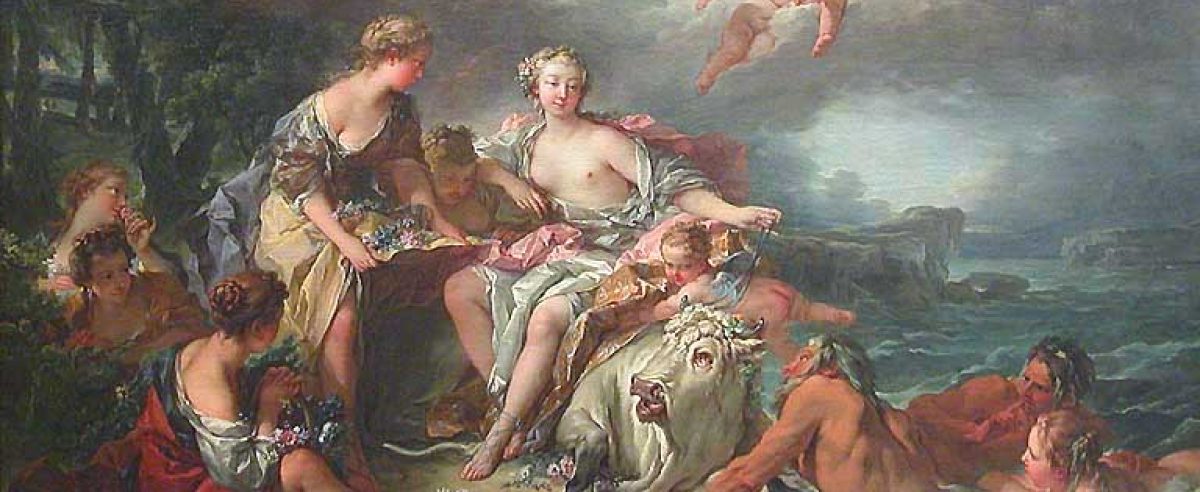Translated by Mark Sleboda & Michael Millerman Foreword by Alain Soral
Arktos, 2012 Amazon.co.uk
Back Cover:
All the political systems of the modern age have been the products of three distinct ideologies: the first, and oldest, is liberal democracy; the second is Marxism; and the third is fascism. The latter two have long since failed and passed out of the pages of history, and the first no longer operates as an ideology, but rather as something taken for granted. The world today finds itself on the brink of a post-political reality – one in which the values of liberalism are so deeply embedded that the average person is not aware that there is an ideology at work around him. As a result, liberalism is threatening to monopolise political discourse and drown the world in a universal sameness, destroying everything that makes the various cultures and peoples unique.
 According to Alexander Dugin, what is needed to break through this morass is a fourth ideology – one that will sift through the debris of the first three to look for elements that might be useful, but that remains innovative and unique in itself. Dugin does not offer a point-by-point program for this new theory, but rather outlines the parameters within which it might develop and the issues which it must address. Dugin foresees that the Fourth Political Theory will use the tools and concepts of modernity against itself, to bring about a return of cultural diversity against commercialisation, as well as the traditional worldview of all the peoples of the world – albeit within an entirely new context. Written by a scholar who is actively influencing the direction of Russian geopolitical strategy today, The Fourth Political Theory is an introduction to an idea that may well shape the course of the world’s political future.
According to Alexander Dugin, what is needed to break through this morass is a fourth ideology – one that will sift through the debris of the first three to look for elements that might be useful, but that remains innovative and unique in itself. Dugin does not offer a point-by-point program for this new theory, but rather outlines the parameters within which it might develop and the issues which it must address. Dugin foresees that the Fourth Political Theory will use the tools and concepts of modernity against itself, to bring about a return of cultural diversity against commercialisation, as well as the traditional worldview of all the peoples of the world – albeit within an entirely new context. Written by a scholar who is actively influencing the direction of Russian geopolitical strategy today, The Fourth Political Theory is an introduction to an idea that may well shape the course of the world’s political future.
Alexander Dugin (b. 1962) is one of the best-known writers and political commentators in post-Soviet Russia. In addition to the many books he has authored on political, philosophical and spiritual topics, he currently serves on the staff of Moscow State University, and is the intellectual leader of the Eurasia Movement. For more than a decade, he has also been an advisor to Vladimir Putin and others in the Kremlin on geopolitical matters, being a vocal advocate of a return of Russian power to the global stage, to act as a counterweight to American domination.
JOB’s Comment:
Readers of this blog who are also familiar with Dugin’s thought and its traditions will have a fairly clear idea of what I agree and what I disagree with in this book. I may come back and spell this out myself later. For now, I just want to point out that Dugin says that what he does is to invite us to a dialogue about an unfinished Fourth Political Theory in the process of development and articulation. He even describes it, as it exists today, rather as “a correctly posed question” than in terms of specific answers. I fully agree we need a Fourth Political Theory, and would therefore try to contribute something to the dialogue about it. “What the Fourth Political Theory is, in terms of what it opposes, is now quite clear”, Dugin writes in the second chapter after having explained his view of this. “It is neither fascism, nor Communism, nor liberalism. In principle, this kind of negation is rather significant. It embodies our determination to go beyond the usual ideological and political paradigms and to make an effort to overcome the inertia of the clichés within political thinking. This alone is a highly stimulating invitation for a free spirit and a critical mind. I do not really understand why certain people, when confronted with the concept of the Fourth Political Theory, do not immediately rush to open a bottle of champagne, and do not start dancing and rejoicing, celebrating the discovery of new possibilities.”

Efter läst artikeln om “Alexander Dugin: Fjärde politisk teori” tänker jag på John Gray och finner att han känns tyngre. Detta sagt innan jag läst någon av Alexander Dugins publikationer.
Dugin står för en traditionell rysk imperialism, på gott och ont. Vi som är Rysslands grannar i väst måste kunna stå emot detta av egen kraft, inte med amerikansk hjälp. Det behövs en stark allians mellan Baltoskandien, Polen, Tyskland och några andra länder som kan stå enade och har gemensam tyngd. En sådan allians får inte domineras av Tyskland, som dock är kärnan. Sedan ska vi ha ett fredligt förhållande till Ryssland och givetvis även till övriga Europa.